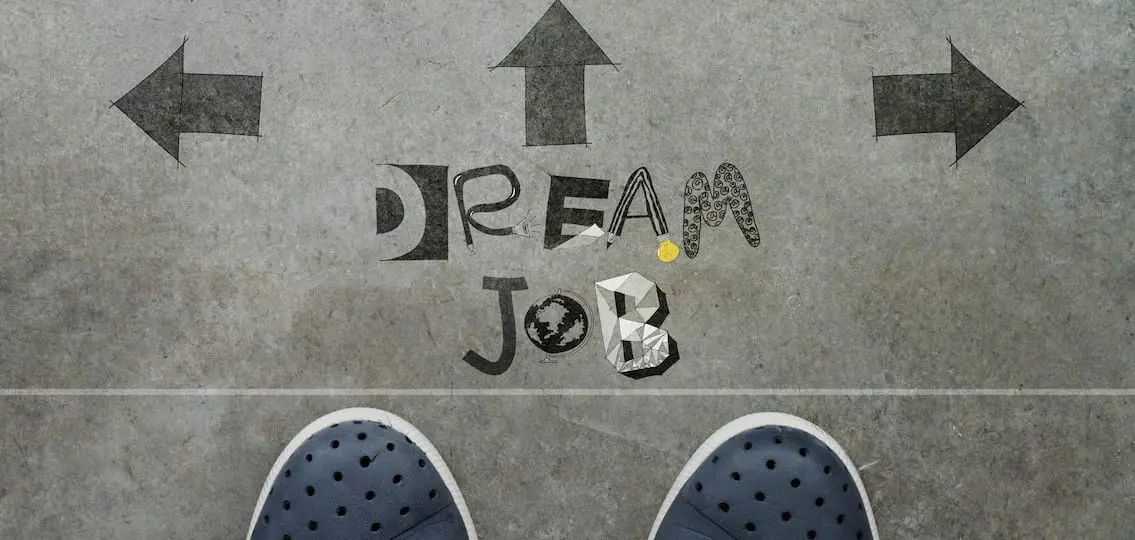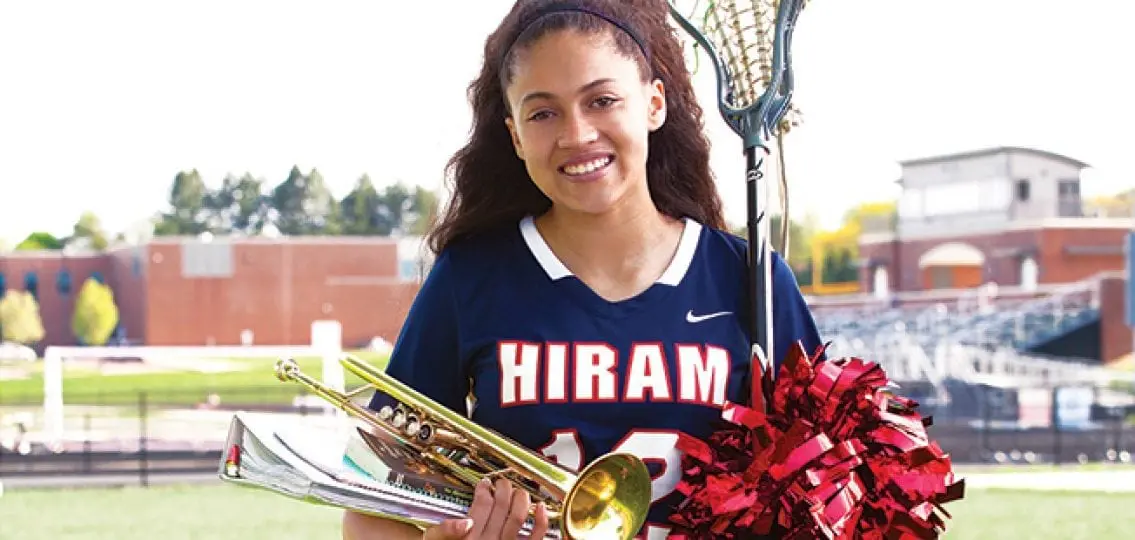As the parent of a teenager, you may have certain ideas about how the next four to six years of their life will unfold. Perhaps you envision your child attending your alma mater or following in your footsteps at work. (Perhaps you fantasize about them being able to pay their own cell phone bill.)

[adrotate banner=”45″]Here’s a little food for thought: The traditional linear career path is swiftly becoming a thing of the past.
A Changing Job Landscape
Research shows that people now change jobs an average of seven times throughout their lives.
And tomorrow’s job market will likely have opportunities we can’t even fathom today. “Imagine just 10 years ago how different the transportation and hospitality industries were. Uber and Airbnb didn’t yet exist,” says Lori Varlotta, president of Hiram College. “It’s important to anticipate those kinds of changes so that high school and college graduates are prepared for an ever-changing and very exciting world.”
Embrace the Undeclared Course of Study
Varlotta believes that the best way to do that is through a “broad, liberal arts course of study that focuses on change, adaptability, and flexibility,” rather than being laser-focused on one specific area.
If this sounds like good news to you as a parent whose teen has absolutely no idea what to do with their life, you’re in good company.
“It’s so easy today to get put on a path that you follow just because you are good at it, or because it’s what everyone does,” says California mom Dana Baker-Williams. “Children need to explore. They need to be curious. They need to play and try new things—whether that’s a sport, a type of book, a food, or a language.”
Baker-Williams’s 17-year-old daughter is a high school senior about to embark on the college process. Her 19-year-old son is a sophomore in college.
“Neither of my kids knew what they wanted to study, and as a family, we embraced that,” says Baker-Williams.
Far from feeling anxious about this, they encouraged their kids to continue exploring a wide range of interests at college. For them, a liberal arts approach made the most sense.
Varlotta fully supports that concept. The majority of Hiram students start their college experience undeclared. They are in fact encouraged to wait until sophomore year to declare a major.
Aim for Adaptability and Critical Thinking
“If you focus too specifically on a single field, it’s very easy to land your first job as a 22-year-old. But it might be harder to land different jobs at ages 28, 33, 45, and 50,” says Varlotta.
“By teaching critical thinking and real-world problem solving, you prepare students for the kinds of jobs we don’t even have names for right now.”
David Gennis, a psychotherapist specializing in child, adolescent, and family therapy, recommends parents endorse a well-rounded education that explores the arts and movement alongside STEM study. He firmly believes that nurturing such exploration leads to better adaptability and a broader skill set. This includes time management, teamwork, positive socialization, problem-solving, and conflict resolution.
“I encourage parents to allow their children to explore different interests so that they may identify what they like and potentially what they are good at doing,” advises Gennis. As he has seen with his own two boys, “parenting is a journey, and so is adolescence. There are 100 different routes that an individual may take to reach their ultimate destination.”
For parents feeling overwhelmed by the many paths available to their teens, Varlotta encourages taking a step back and helping their child identify what drives them to pursue certain interests.

“Parents spend a lot of precious time having students think about the what. What classes will I take, what activities will I engage in? But having students think about the why is even more important,” says Varlotta. “That is what will help not only lead to a career, but a calling.”




